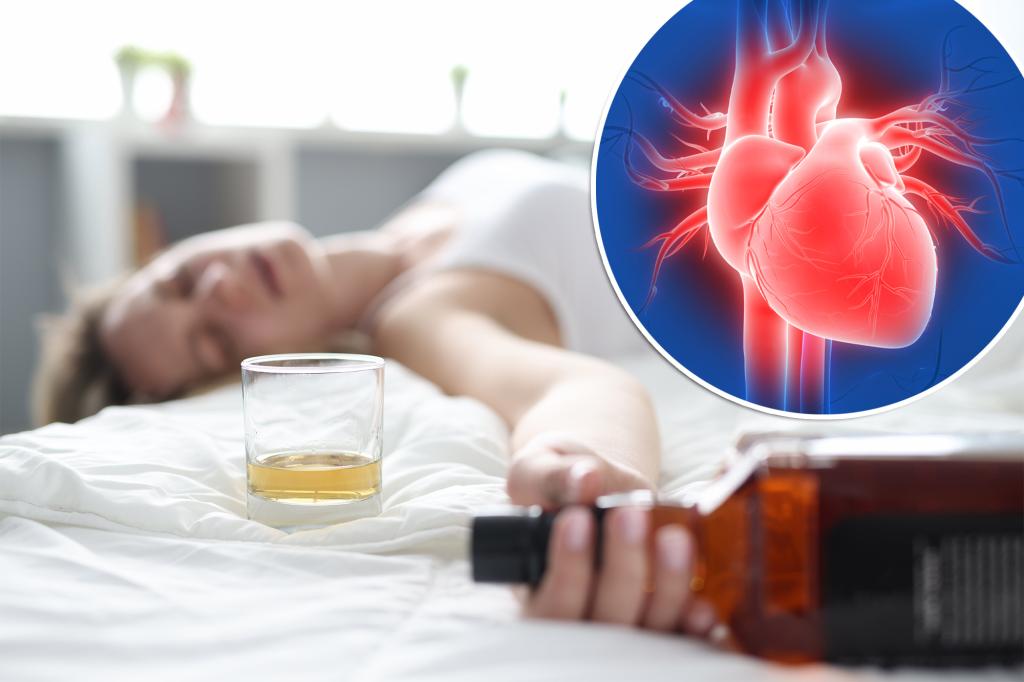Take heart: Scientists say they may have found a way to prevent irregular heart rhythms caused by binge drinking, a phenomenon so common during the Christmas season that it’s been dubbed “holiday heart syndrome.”
This week they will present their research at a conference of the American Heart Association in Chicago.

“There is a short period of opportunity for partying around the holidays, often involving heavy drinking,” explained lead researcher Saugat Khanal, a postdoctoral researcher at The Ohio State University.
“Unfortunately, this sometimes results in partygoers, even those who have never had a heart condition before, having to go to hospital with a heart attack or an abnormally beating heart,” he added.
Atrial fibrillation (AFib) is the most common type of arrhythmia, which is the scientific name for a heartbeat that is too slow, too fast, or otherwise irregular. The condition can increase your risk of stroke and heart failure.

AFib affects more than 5 million adults in the U.S. About a third of new diagnoses are related to alcohol use.
Repeated binge drinking – defined as five drinks within two hours for men and four drinks within two hours for women – can lead to high blood pressure, liver disease, an increased risk of cancer and serious heart rhythm problems.
Now, Khanal’s team says it has identified a cardioprotective molecule that can prevent the activation of a stress-induced protein in the heart that has been shown to lead to atrial fibrillation.
In their experiments, the researchers attempted to simulate human holiday heart syndrome in mice. They found that the treatment they devised with the molecule Alda-1 reduced the stress protein spike associated with binge drinking and the resulting irregular heartbeats.
“Studies with larger animals will be a future direction to translate our exciting findings into clinical applications,” Khanal said.
Khanal’s findings still need to be reviewed by his colleagues before being published in a scientific journal.
A separate study also being presented this week warns premenopausal and menopausal women taking hormone replacement therapy against alcohol consumption, as it can worsen heart function.
